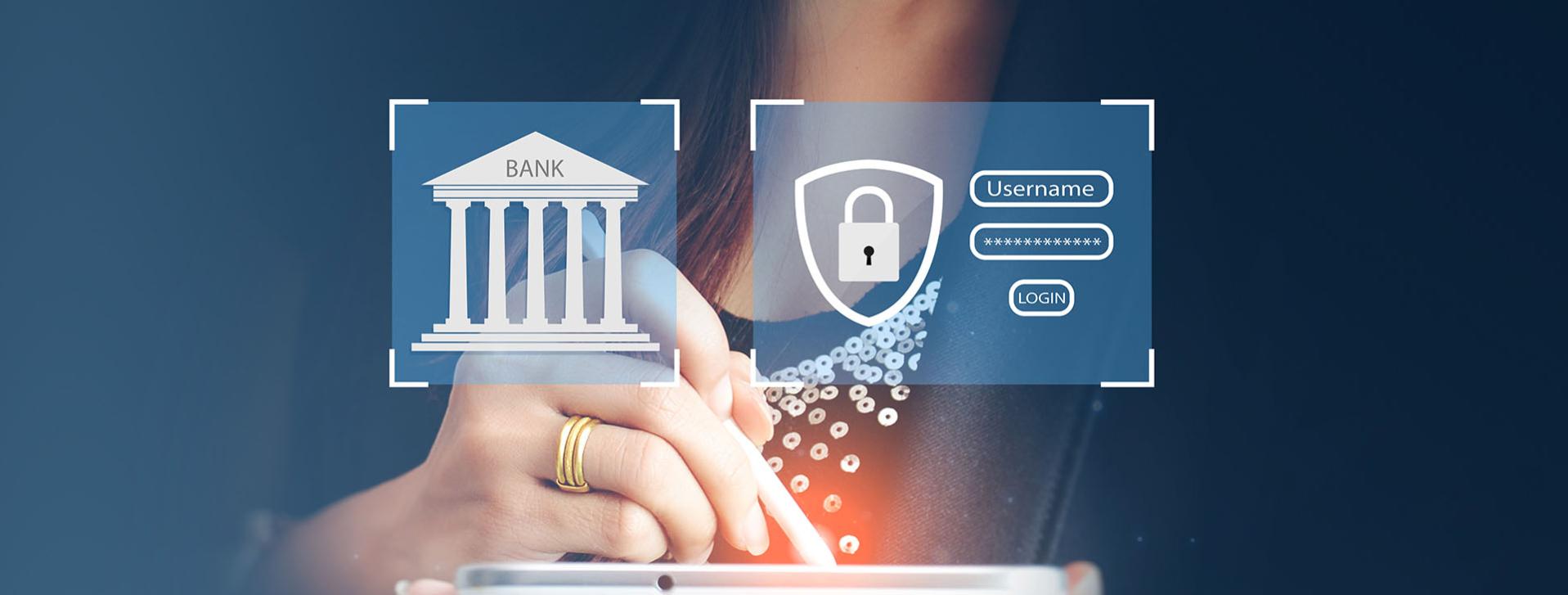Cryptocurrency—or “crypto” for short—is ubiquitous these days in news headlines. But what exactly is cryptocurrency, and how does it work?
Below, we’ll walk through the basics of cryptocurrency, from blockchain to Bitcoin.
Cryptocurrency 101
Cryptocurrency is a digital form of payment. The name comes from the encryption technology used to secure the virtual currency, according to Investopedia.
Many forms of cryptocurrency work using blockchain technology—a database that securely stores decentralized data, which offers extra protection compared to traditional databases.
In conversations about crypto, you’ll also hear the words “coin” and “token,” which refer to two different components of cryptocurrency: Coins are like cash and can be used to make transactions; tokens are digital assets that can be traded. Non-fungible tokens (NFTs), for example, are one type of token that have attracted widespread attention.
Some benefits of using crypto include speedy transactions, low or no transaction fees and ease for international payments. But crypto is also vulnerable to scams, and the currency doesn’t come with the same legal protections as credit and debit cards. Some critics are also wary of crypto’s erratic fluctuation in value and point out that some aspects of the cryptocurrency infrastructure may be vulnerable to security threats.
Types of cryptocurrency
While Bitcoin might be the most recognizable name in cryptocurrency, it’s far from the only player. There are thousands of different cryptocurrencies available, including Solana, Ethereum, Cardano, Binance Coin and others.
Getting into crypto
If you’re considering investing in cryptocurrency, experts suggest doing your homework first. This relatively new form of technology is still uncharted territory in many ways, so you’ll want to have a good understanding of the risks and benefits before investing large sums of money in crypto.
When you’re ready to buy cryptocurrency, you can go through a broker or an exchange to place your order. Not all retailers accept cryptocurrency as a form of payment, but some—including Starbucks and Overstock.com—have started allowing customers to pay in crypto.
You May Also Like

Banking
Spring Showers: Building Your Rainy Day Fund
Posted: May 6, 2024 Setting aside a rainy day fund, also called an emergency or contingency...

Banking
Safely Linking Bank Accounts
Posted: April 15, 2024 The digital age has brought us many things: social media, e-books and...

Finance
Understanding 2023 Tax Brackets
Posted: April 9, 2024 As tax day approaches, it’s important to understand the different tax...
